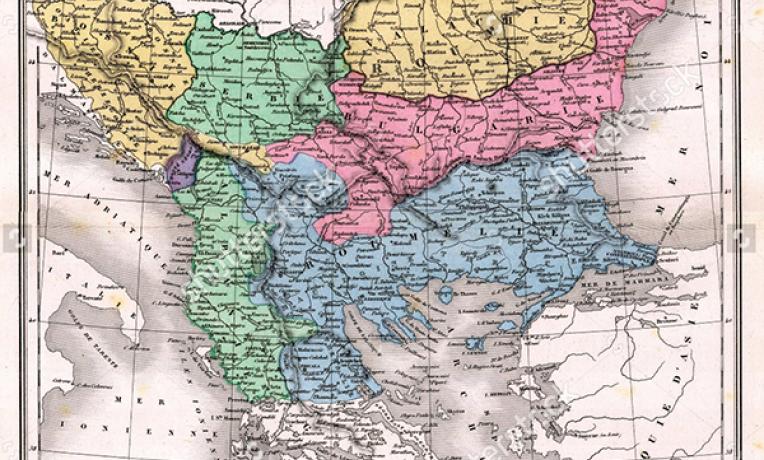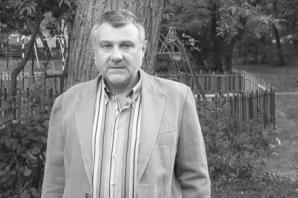Plunging into the history of the Balkans to prepare for a better future
The peoples of the Balkans' region have long shared an "entangled" and tumultuous history. A visit to the Western Balkans shows how deep the scars of the bloodsheds of the 1990s have been in this part of the world. The scale of violence has exceeded our common understanding with human rights' abuses, massacres, torture, rapes and ethnic cleansing from all sides. With such context in mind, one would have thought that Balkan history could have been studied from a "relational" or "transnational" perspective, to which it seems historically predisposed. But this has rarely been the case.

This is precisely what Professor Roumen Daskalov from the New Bulgarian University of Sofia, is doing with the European Research Council (ERC) grant he was awarded in 2008. "Modern Balkan history has traditionally been studied in the national paradigm as separate national histories taking place within bounded state territories. (…) [However] these national historiographies show some transnational aspects which have been forged throughout time from various economic, political and cultural influences from abroad" says Professor Roumen Daskalov.
The complexities of the Balkans and their long-standing relations with the West and Russia have made his approach, based on a transnational and cross-disciplinary perspective, particularly relevant. It also contributes to "global history", a new trend in historical studies that revisits national histories to place them in a more global perspective, thus transcending established disciplinary boundaries between history, sociology, political science, international law, linguistics, etc. To give just an example and notwithstanding the hostility that prevailed between the various nationalist movements which shaped the modern history of the Balkans, it is possible to show how interconnected and entangled the Greek, Romanian, Bulgarian and Macedonian nationalisms were over the years, copying each other, borrowing from each other while also rejecting each other. This happened in other domains as "entangled" histories were also pervasively present in the way minorities and refugees interacted with the dominant nationalities in this region.
Supported by an ERC grant of € 1.560.000 for five years, Professor Roumen Daskalov and his four team members are expected to propose a new vision of the modern history of the Balkans that will put into relief new features and challenge the entire historical landscape of the region. Since the start of his project, Professor Roumen Daskalov and his team members have extended the research to cover new areas. Given the richness of the sources, they now hope to produce up to four volumes. He said: "The “entangled history” approach does not aim to harmonize the past and smooth out past conflict. The contacts, movements, exchanges, transfers, etc. were more often asymmetrical and violent than harmonious and peaceful. Still there is some positive and integrative value in showing how “entangled” the histories of the present-day Balkan nations and states were and still are".
Achieving lasting peace and reconciliation in this troubled part of the European continent is an immense challenge. But Professor Roumen Daskalov has good hopes to see his research results being used in their wider social and political implications, namely for the reconciliation of the Balkans' region and its better integration into a wider Europe: "I can imagine such research as promoting good neighbor relations rather than fostering divisiveness and separation".


